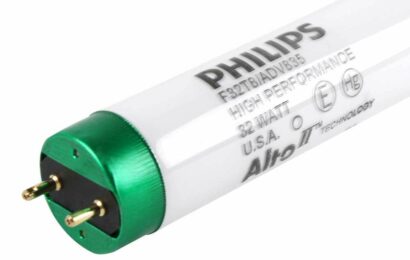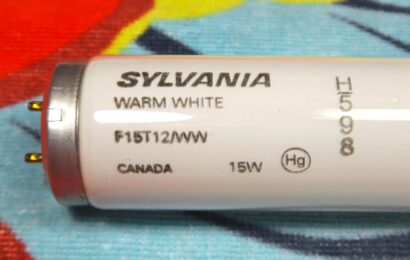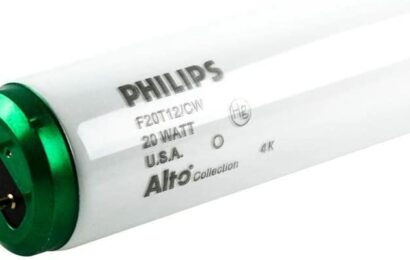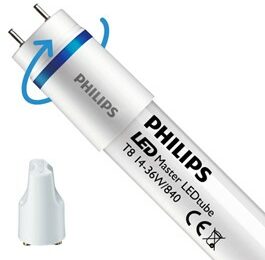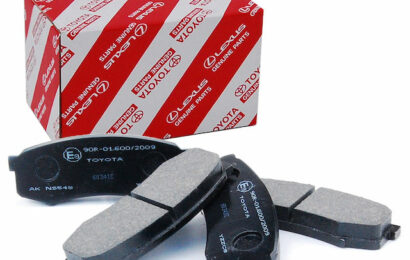Brake fluid plays a vital part in guaranteeing that a vehicle’s brake system functions properly each time needed. Without brake fluid, you can’t ensure the safe operation of the brake system and won’t have a safe stop. In some instances, you may see brake fluid on tire, which you may need to deal with.
More than the vital function, brake fluid on the tire also highlights the topic of the other ways it can affect the tire. Adding to that is the important topic of changing the brake fluid on tires to secure the proper and safe functioning of the brake system.
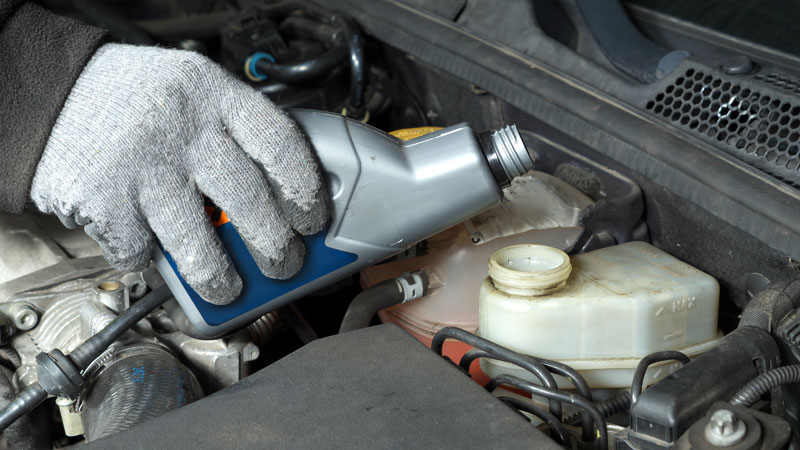
So, let’s see the helpful information about brake fluid on tires and other relevant topics about it below.
What does brake fluid do on tires?
Brake fluid helps to ensure that vehicle tires are functioning properly. Basically, brake fluid is an additional element to make sure that a vehicle provides excellent driving satisfaction and safety in terms of braking or stopping.
In fact, the brake’s fluid primary function is even hinted at in its name. When there is no brake fluid, stopping your vehicle might be more complicated and challenging. It might require more than stepping on your pedal to stop it.
The worst-case scenario is your car will have a loose brake system function. It means you are taking more risks for your safety.
Does brake fluid affect tires in a bad way?
To set things straight and clear, brake fluid is not corrosive. Despite that fact, many still believe that brake fluid affects tires in a bad way. Well, it does happen, but it is a rare occasion, and there are convincing reasons for that. One top cause is that the brake fluid is actually contaminated.
Ideally, brake fluid will not cause harm to tires. There have been circumstances where brake fluid affects tires badly because of the rubbers on tires. After all, not all rubber types are resistant to harm or chemical denaturation of brake fluid.
Regardless, it is for sure that there will always be a reasonable cause if the brake fluid affects tires in a bad way. Thus, finding the solution will probably be easy. Ultimately, brake fluid works well with compatible rubbers on tires.
What happens if you don’t replace the brake fluid?
On online forums, many car owners shared that they did not encounter anything wrong even if they did not replace their brake fluid. While learning practical information like that might be helpful, it is safer to follow your vehicle manufacturer’s recommendation for changing brake fluid.
As brake fluid continuously ages with no intention of replacement, it is bound to be contaminated because of debris buildup, moisture, and contaminants. In short, it degrades over time. Meanwhile, the moisture-laden brake fluid can even cause corrosion and rust.
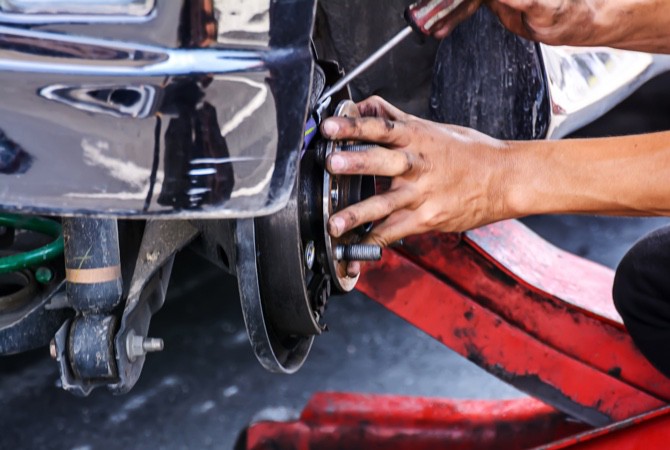
Besides that, unreplaced brake fluid can ruin your car’s brake system functions, resulting in poor performance. This poor performance is mirrored in a spongy feeling when pressing the brake pedal. It will likely take longer and more pressure to stop the car.
Needing longer and more pressure to press the brake pedal might be dangerous, especially when it might be left with only a short time to do that. Therefore, changing the brake fluid at the required time is better.
Will a car still stop with no brake fluid?
Considering the function of the brake fluid stated above, it is safe to say that you must not even attempt to drive a car with no brake fluid as you will not achieve a proper and safe brake.
The brake fluid acts as a reliable middleman that connects the brake pedal to the brakes, putting pressure and friction on tires so they can stop. With that being said, you can’t access your car’s brake system without it. It means you won’t stop unless you hit something — that’s not ideal since you are risking your safety by resorting that way.
Can you mix old and new fluid?
You can mix old and new brake fluid but don’t expect good results. After all, brake fluid is vulnerable to getting contaminated and absorbs water. Plus, old brake fluid can just mess with the brake system function and the quality of the new brake fluid. That alone reasonably argues that there is no good point in mixing old and new brake fluid.
If you intend to replace the existing brake fluid, it is best to replace all with the new one. That way, you can guarantee that the new brake fluid works its best in guaranteeing the safe functioning of the brake system.
It is a waste of money to mix old and new brake fluid when you can just use the new one.
How long should it last?
An unopened bottle of brake fluid can typically last for two years, given that it is stored in an ideal place and in good condition. Meanwhile, it can stay in its effective condition for about three years when it is already in your vehicle. Yet, the absolute lifespan and effectiveness depend on its application when used.
The wise way to check if your brake fluid is already replaceable is to check it visually. Nonetheless, you will also experience indications based on how easy or hard it is for you to stop your car. Having difficulty is already a sign of changing it.

Is brake fluid really necessary on tires?
Brake fluid is highly necessary to keep a functioning brake system. While there might be issues with the damage to tires, you can’t drive a car with no brake fluid. Based on its function, you need it to ensure safe driving. It is vital for safe car operation.
You can only achieve safety and driving satisfaction if your car has brake fluid — this explains how important and necessary a brake fluid is.
